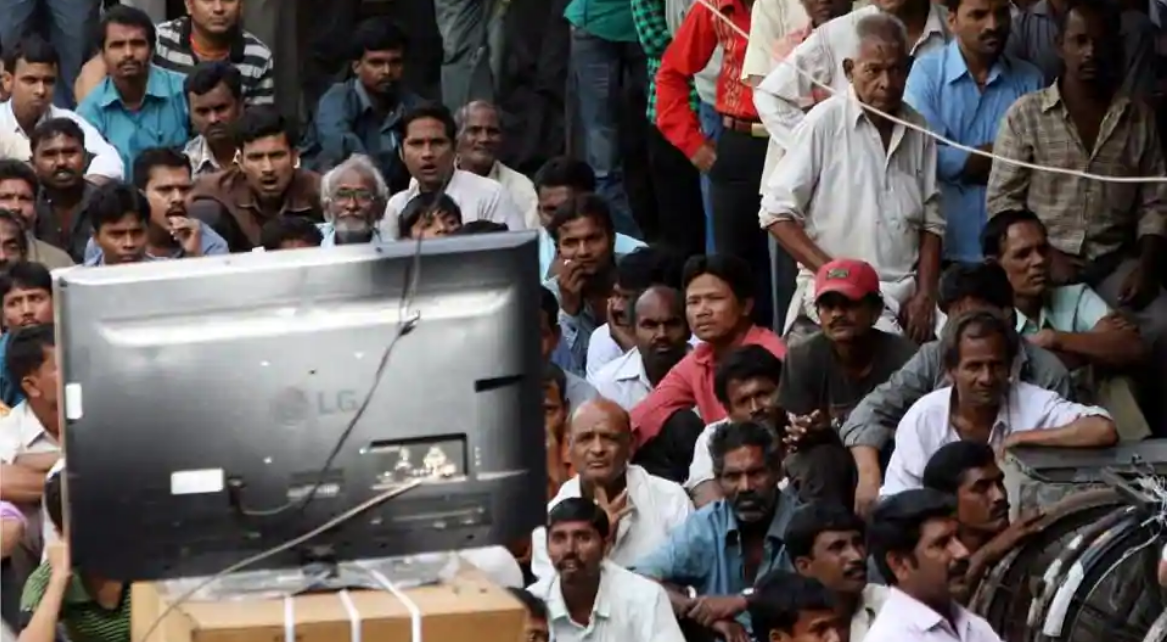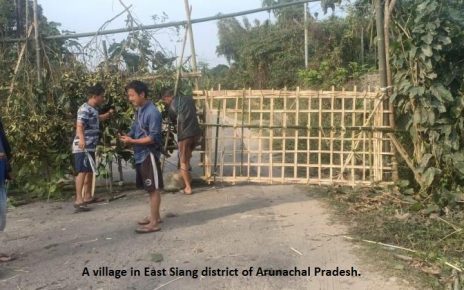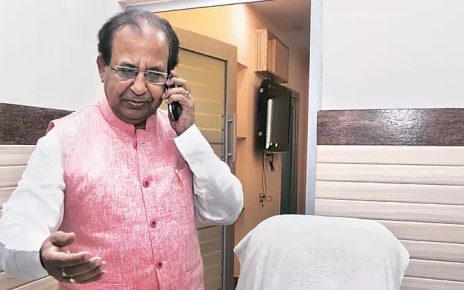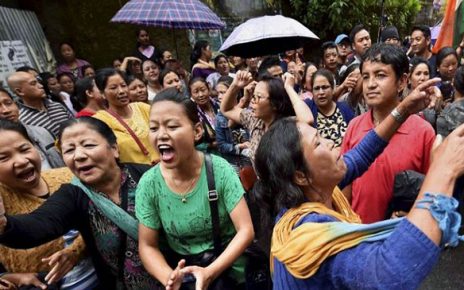The Hindustan Times
04 July 2020
By Mark Tully
There is still critical coverage of the government in the media. But it is instructive to see the ways in which the government exerts pressures on the media in an effort to keep organisations and their journalists in line.
Taking part in a Zoom discussion on the 45th anniversary of Indira Gandhi’s declaration of the Emergency reminded me of the absurdities of the press censorship that went with it.
One example: Former minister for information and broadcasting, Vidya Charan Shukla, called me in one day and demanded to know how the British Broadcasting Corporation (BBC) had learnt that there had been an explosion at the All India Radio (AIR)’s Bhopal station. I replied, “We didn’t know, but now that you have told me about it I will report it”. There were so many rumours in the air, frequently said to have been heard on BBC, that Shukla never knew what we had broadcast.
At the same time, when the director-general of AIR told Indira Gandhi that he was being ordered to broadcast news no one would believe, he was told to “forget about credibility”, and do as he had been told. So, the government had no media with the credibility to counter rumours effectively.
I do not agree with those who say that there is an Emergency today. The government does not exercise total control over the media, except in Kashmir. Under that State’s new news and media policy, it is up to bureaucrats and security officials to decide which news is fake or anti-national, a much misused catch-all word, and should, therefore, be censored.
For the rest there is no direct censorship, though, to be sure, there may be instances of pressure. There has also been the extraordinary case of the supposedly independent Prasar Bharati (PB) censuring the Press Trust of India (PTI) by declaring its interviews with the Chinese ambassador in India and the Indian ambassador in China as “detrimental to national interest and undermining India’s territorial integrity”.
There is still critical coverage of the government in the media. But it is instructive to see the ways in which the government exerts pressures on the media in an effort to keep organisations and their journalists in line.
One of the most egregious examples is the charge of sedition brought against veteran journalist Vinod Dua. Sedition is an act originally passed by the British Raj because it was afraid that war might be declared against the government within India.
The Himachal Pradesh Police registered the FIR against Dua on the complaint of a Bharatiya Janata Party spokesman who didn’t like Dua’s criticism of the government’s implementation of the lockdown. The Supreme Court refused to stay FIR, but did say Dua should not be arrested until further orders.
He was ordered to report to a remote police station. The police have also been interrogating him by sending e-mail questionnaires giving him just two days to reply.
The charge against Dua is part of a pattern of police action against journalists sparked off by the pandemic. According to a report compiled by the Rights and Risks Analysis Group, 22 FIRs have been file against journalists complaining about their Covid-19 reporting. At least 10 have been arrested and four others saved from arrest by the Supreme Court.
Recently, Prime Minister (PM) Narendra Modi discussed the pandemic with Bill Gates by video-conferencing. Gates once said, “Sometimes I think my most important role as a CEO is to listen for bad news. If you don’t act on it your people will stop bringing bad news to your attention and that is the beginning of the end.”
It is the media’s job to bring bad news. The PM should take note of that news and act on it rather than try to suppress it. He should not shoot the messenger, he should listen to the message.
If he doesn’t, he will be misled, as Indira Gandhi was, by a chorus of sycophancy.
The views expressed are personal



